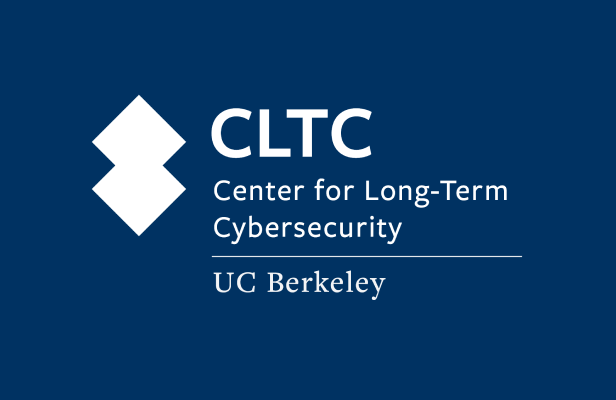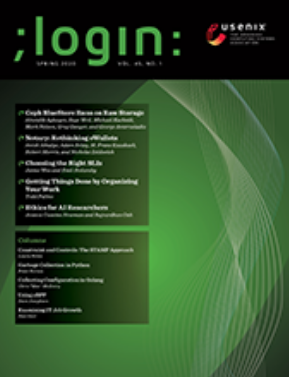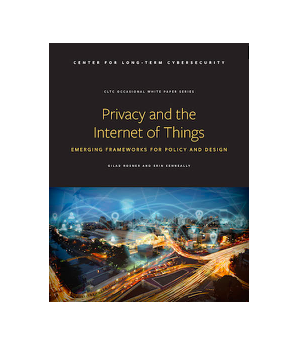Reverse Engineer and Counter Adversarial Attacks with Unsupervised Representation Learning
Computer vision has been integrated into many areas of our lives, including facial recognition, augmented reality, autonomous driving, and healthcare. However, making them more accurate and generalizing to…







